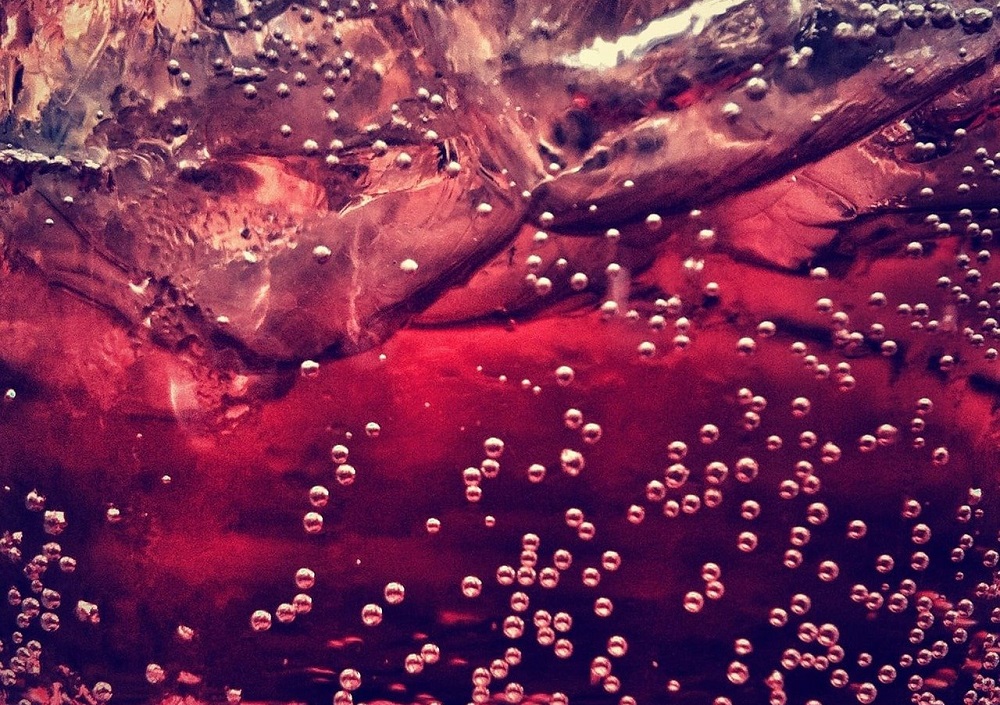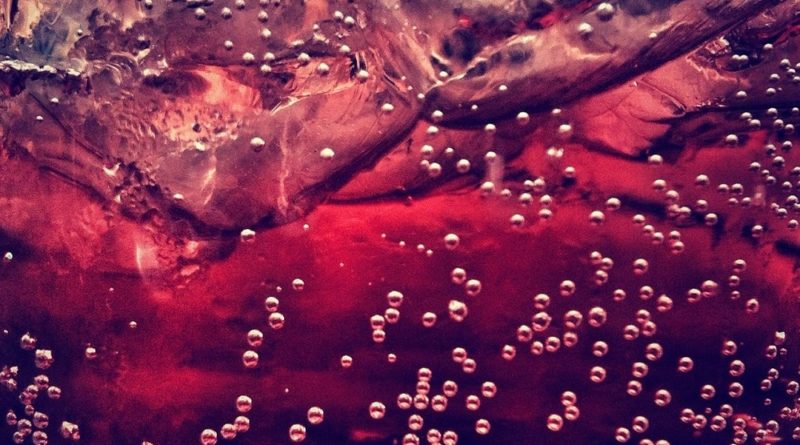On Sugar Free Drinks
As far as I can recall, I’ve always had sugar free drinks. I very, very rarely buy sugared drinks, and those are only for emergencies. What emergencies, you might ask? Hypoglycemia, low blood sugar. While having a sugary drink is normally bad for a diabetic, that sugar hit can sometimes be life-saving*.
But despite that, I remember never having sugared drinks. However, I never really noticed this, but people seem to have an aversion to diet drinks. Especially big brand fizzy drinks.

I always assumed this was because of taste. After all, you can’t really replicate glucose perfectly. Glucose has many, many forms, fro your bog standard sugar to fructose syrups from fruit, to corn syrup. And all these sugars have different flavours. This is more noticeable in different regions and across different brands, because a company will use whatever type of sugar that’s cheapest, while still retaining their desired flavours.
Of course, diet versions are no different. If you take out the sugar and replace it with sweetener (whether you use aspartame, sucralose or whatever), it’s going to taste different.
That being said, a huge amount of effort has gone into making diet drinks taste like their regular counterparts. Pepsi Max has done this for years, and does an alright job. Coke Zero is also an attempt to make a diet drink that tastes like regular cola. It’s close, but it’s not quite the same. What can you expect though? You’re taking out a key ingredient of these drinks. So of course it’s going to be difficult to make a drink that tastes exactly the same. Some people though just don’t like the taste, and that’s fine. Although calling diet alternatives worse than normal, sugared drinks seems a bit odd, because they have far less in them.
However, while diet drinks tend to have way, way fewer calories, they’re not perfect. They’re still very acidic and bad for your teeth. Colas in particular can really stain your teeth. While the common experiment of “putting a tooth in a glass of cola” doesn’t really add up to what happens in your mouth while drinking, it’s still a good warning sign. You want to brush your teeth to remove the remnants of these fizzy drinks anyway.
Finally, you can still drink too much. Just like sugar, you can ingest too many sweeteners and make yourself ill. Aspartame is one of the more disputed sweeteners, despite being one of the most tested sweeteners around, and you can have too much of it. That being said, according to Wikipedia, it takes approximately 21 cans of diet soda daily to consume the 3.75 grams (0.132 oz) of aspartame that would surpass the FDA’s 50 milligrams per kilogram of body weight ADI of aspartame from diet soda alone. If you are drinking 21 cans of soda in a day though, diet or otherwise… well, you have bigger problems and need to cut that consumption down.
Really, sugared and fizzy drinks just all round aren’t very good for us. But the crux of the issue isn’t drinking these drinks at all, it’s moderation. We should mostly drink water. But having a fizzy drink occasionally won’t hurt you.
Still, I’m glad that diet versions of many drinks exist. Because I’d hate to be stuck with nothing but water all the time. The amount of sugar in fizzy drinks is very high, and that directly affects a diabetic’s blood sugar. And since it’s all liquid, the sugar gets into the blood stream more quickly, giving you a sugar high in record time. Sugar-free and diet drinks mean I can have a glass of cola with little or no change in blood sugar. Of course, fruity drinks will still have some natural fruit sugar in them, but that’s still way better than a normal, sugary drink.
Okay, sure, I could drink tea or coffee, but I don’t like either of those. And adding sugars and sweeteners to either kinda defeats the point.
*In fact, if you ever stumble across a diabetic who’s ill and, most importantly, conscious, the optimal thing to do IS to give them something sugary. Never give an ill diabetic insulin. Why is this? Well, there are two immediate reasons why a diabetic person might be ill: hyperglycemia (high blood sugar) or hypoglycemia (low blood sugar). However, out of the two of them, hypoglycemia is far more dangerous in the short term. It’s better to treat someone as if they have low blood sugar and avoid immediate danger, than to give them insulin and make their blood sugar drop further.
